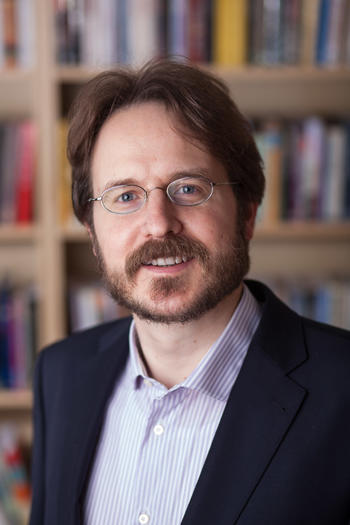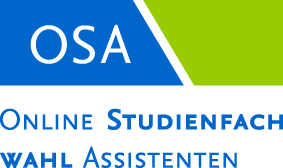Prof. Dr. Lukas Mühlethaler

Institut für Judaistik
Professor
Raum 0.2055
14195 Berlin
Sprechstunde
Sprechstunden biete ich dienstags, 12:00–14:00 Uhr an. Damit wir die Zeit möglichst effektiv nutzen können, bitte ich Sie, Ihr Zeitfenster online zu buchen:
Sprechstunden finden online auf Webex statt:
Lukas Mühlethaler studierte an der Hebräischen Universität von Jerusalem jüdisches Denken (maḥševet israel) und promovierte an der Yale University in Arabistik und Islamwissenschaft mit einer Arbeit über den jüdischen Philosophen Ibn Kammūna. Nach einem Forschungsaufenthalt am „Research Unit Intellectual History of the Islamicate World" am Institut für Islamwissenschaft der Freien Universität Berlin war er am dortigen Institut für Judaistik von 2013-2019 Juniorprofessor und ist seit 2019 Professor für jüdische Philosophie und Ästhetik.


